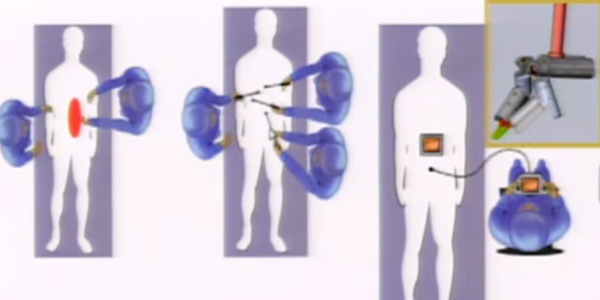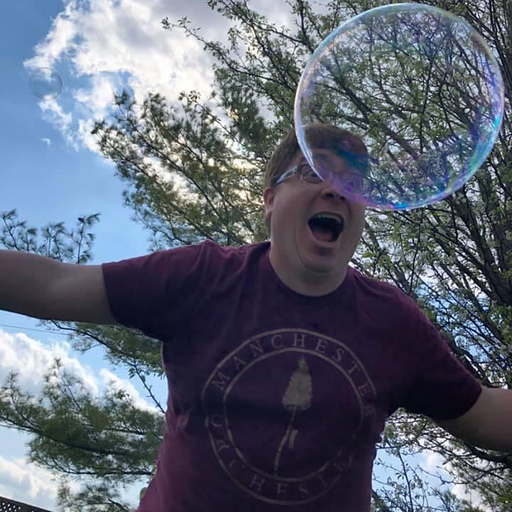Doctor Robots: A Tiny Tale Of Surgery In Space

Doctor robots in space sounds like the name of an incredibly bad straight to DVD release, but in actuality it’s looking like it could be the key to space travel in the future. Surgery in space can, not surprisingly, be difficult in zero gravity. Blood and other fluids would fly everywhere and contaminate the ship, and even the simplest objects such as a band-aid can prove bothersome to keep down. The fact is robotic surgery is necessary if we are ever hoping to travel beyond the International Space Station in the near future. With recent developments coming from the University of Nebraska Lincoln, it would appear the future is now.
It’s small, but it’s no nano machine. Weighing in at .4 kilograms this robot is no larger than a fist. It can cauterize, slice, and travel through the abdomen at the will of a controller located either on or off Earth. Using inert gas to expand the body to create a pathway, this machine specializes in appendectomies, removing parts of a diseased colon, and perforating ulcers. NewScientist reports that this little machine may be the key to recent NASA goals that require extended periods in Space, such as a mission to Mars or an asteroid. It may seem like a worst case scenario to have a micro surgeon on hand, but the risk of injury and complications in space is much greater than one would think.
Space travel, while cool, comes with a host of nasty side effects. They include but are not limited to: nausea, lost muscle mass, freezing of the mouth, redistribution of fluids throughout the body, and a spherical heart. Studies have shown here more recently that the hearts of astronauts begin to develop a more spherical shape the longer they spend in space. This can cause a host of issues with pumping blood that even the robot surgeon can’t tackle yet, but its creators at the University of Nebraska Lincoln are hopeful.
Currently the mini robot doctor has only had successful trials on pigs. From there, the next step will be to operate on human cadavers and then its first living subject here on Earth. So admittedly the robot surgeon of space future is still very far off, but technology is on track with a goal in sight.
For a long-winded explanation of how this is all possible, here's a video of the company's co-founder giving a presentation...
Your Daily Blend of Entertainment News

Mick Joest is a Content Producer for CinemaBlend with his hand in an eclectic mix of television goodness. Star Trek is his main jam, but he also regularly reports on happenings in the world of Star Trek, WWE, Doctor Who, 90 Day Fiancé, Quantum Leap, and Big Brother. He graduated from the University of Southern Indiana with a degree in Journalism and a minor in Radio and Television. He's great at hosting panels and appearing on podcasts if given the chance as well.
